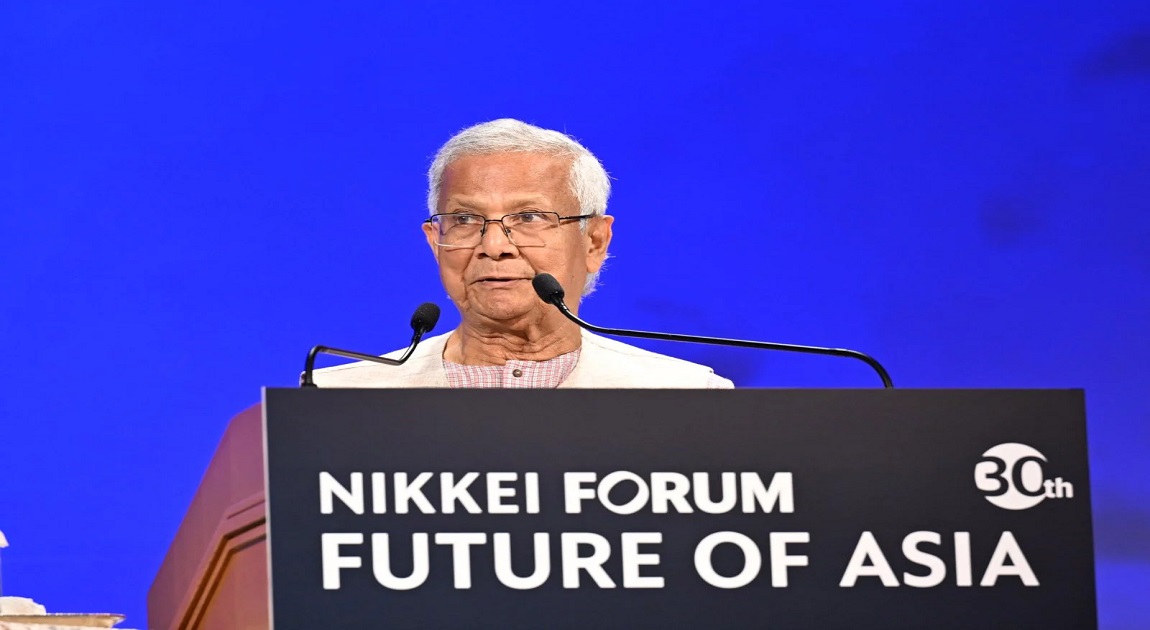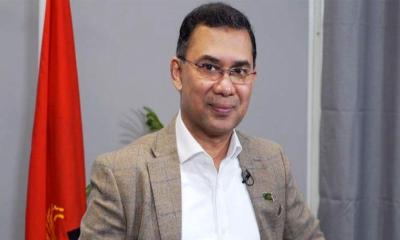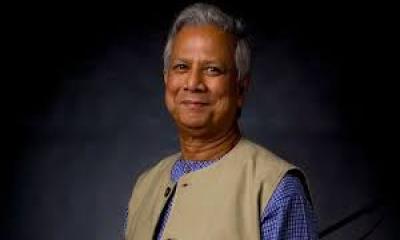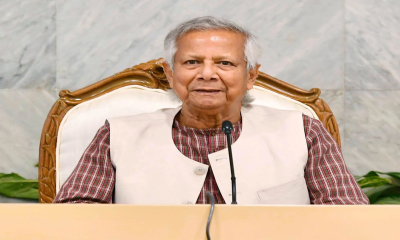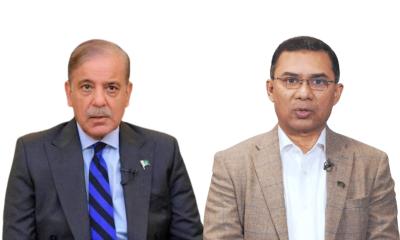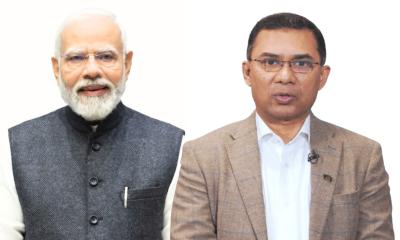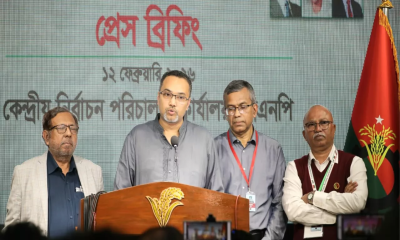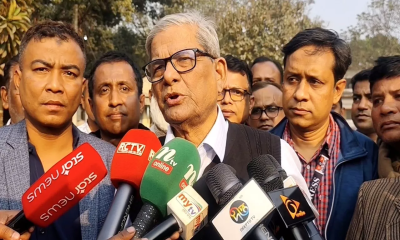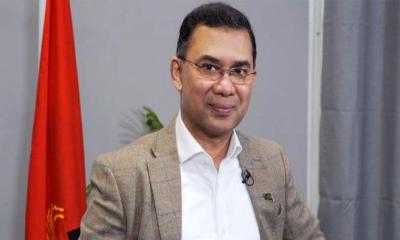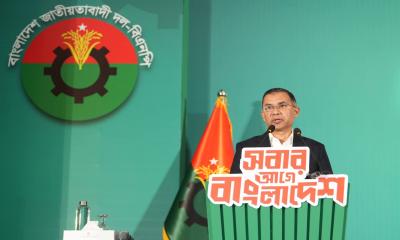Chief Adviser Professor Muhammad Yunus has called upon Asian nations to work more closely together to tackle common challenges and seize new opportunities for collective prosperity.
Delivering the keynote address at the opening session of the `Nikkei Forum: 30th Future of Asia,` he emphasized the importance of charting a clear course toward a shared and inclusive future. He presented seven key suggestions to help achieve this vision.
Highlighting Asia’s vast diversity in economies, cultures, and political systems, he noted that while this diversity is a source of strength, it also poses challenges. "Our destinies are increasingly linked—supply chain disruptions, environmental degradation, and political instability in one part of Asia now ripple across borders and affect the entire region," he said.
The solution, he argued, lies in turning interdependence into cooperation rather than conflict.
He proposed forging strong economic and technical partnerships, calling for sustainable development financing led by regional development banks and financial institutions.
Noting that Asia remains one of the least connected regions in trade, he stressed the need to improve regional trade partnerships and build a robust, inclusive, and sustainable technology ecosystem.
Professor Yunus underscored the need to promote inclusion, empowerment, and sustainability, reminding that billions still live at society’s margins.
"Poverty is not created by the poor; it is created by the system. We must reimagine this system—moving beyond trickle-down economics and centralized control toward a structure that serves all people," he said.
He advocated for greater investment in people through education, healthcare, digital access, and social business—highlighting the transformative power of enterprises that prioritize social impact alongside financial returns.
On climate change, he warned that Asia is both a contributor to and a victim of the crisis. From rising sea levels in coastal regions to melting Himalayan glaciers, the threats are real and pressing.
He proposed a Pan-Asian Green Transition driven by youth, innovation, and grassroots efforts, including support for renewable energy, climate-smart agriculture, and circular economies.
Professor Yunus also emphasized the potential of Asia’s youth, noting that with over half the population under the age of 30, their energy and creativity are among the region’s greatest assets.
He urged that young people be empowered to become job creators rather than job seekers, promoting entrepreneurship as a vital path forward.
He stressed the importance of people’s empowerment and grassroots leadership in an increasingly uncertain world. He called on Asia to lead not just economically but also morally, advocating for a shift from wealth concentration to wealth distribution, and from profit-only capitalism to a system with purpose.
Referring to Bangladesh’s experience, he pointed out that when people are given dignity, trust, and opportunity, they rise—not just as workers, but as changemakers.


